How Are You Teaching Black History?
We hope you’ll join us—this February and year-round—in teaching Black history beyond trauma and helping students recognize the brilliance, strength and love this history represents. Here’s why that’s so important.
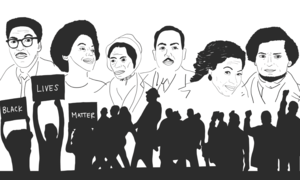
Black History Month: Teaching the Complete History

Ending Curriculum Violence

Black History Month Teaching: Miseducation or Empowerment?
Honor Martin Luther King Jr. and the Full Movement
As Martin Luther King Jr. Day approaches, educators across the nation will teach about King’s life and works. Countless others will echo his famous quotes. Few will offer a full picture of who King truly was—or of the collectivist movement that surrounded him. These resources can help you offer a fuller account of King, his peers and the ongoing legacy of their shared dreams and actions.
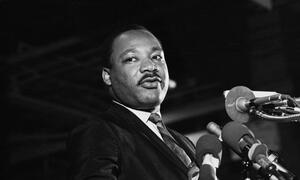
Teaching the Movement’s Most Iconic Figure
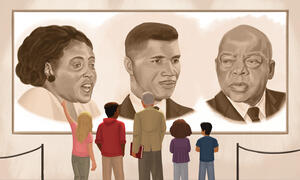
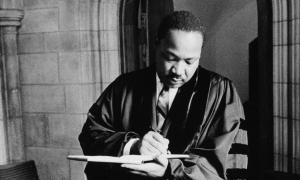
The Best of Our Dr. Martin Luther King Jr. Resources
One Year Later: The Capitol Insurrection
January 6 marks the first anniversary of a violent, primarily white mob storming the U.S. Capitol. Rooted in misinformation, the insurrection didn’t exist in a vacuum—and the ramifications of the attack are ongoing. These LFJ resources can help you have critical conversations with your students about the insurrection and teach young people digital literacy skills to stop the spread of more misinformation.
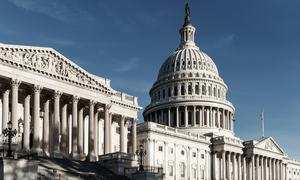
Teaching the Historical Context of January 6

Let's Talk!

Reimagining Digital Literacy Education To Save Ourselves
Self-care Over Winter Break
During this winter break, we hope you’ll take extra time to check in with yourself. We are especially proud of your work this year amidst all that is happening around you. Watch this webinar as a reminder of the importance of educator self-care. And take some time to check out recent books we’re reading and films we’re watching that affirm identities, celebrate diversity and highlight justice.

The Value of Educator Self-Care
What We're Reading
Inclusive Holidays in the Classroom
It’s common for teachers and schools to turn to holiday-themed worksheets and projects at this time of year. But for some students, these are not inclusive of their cultures, identities and traditions. Here are some LFJ resources that offer ways to find balance in your curriculum and facilitate classroom discussions around inclusion while respecting religious and non-religious differences.

Favorite Holiday Poster Projects Aren’t Inclusive
